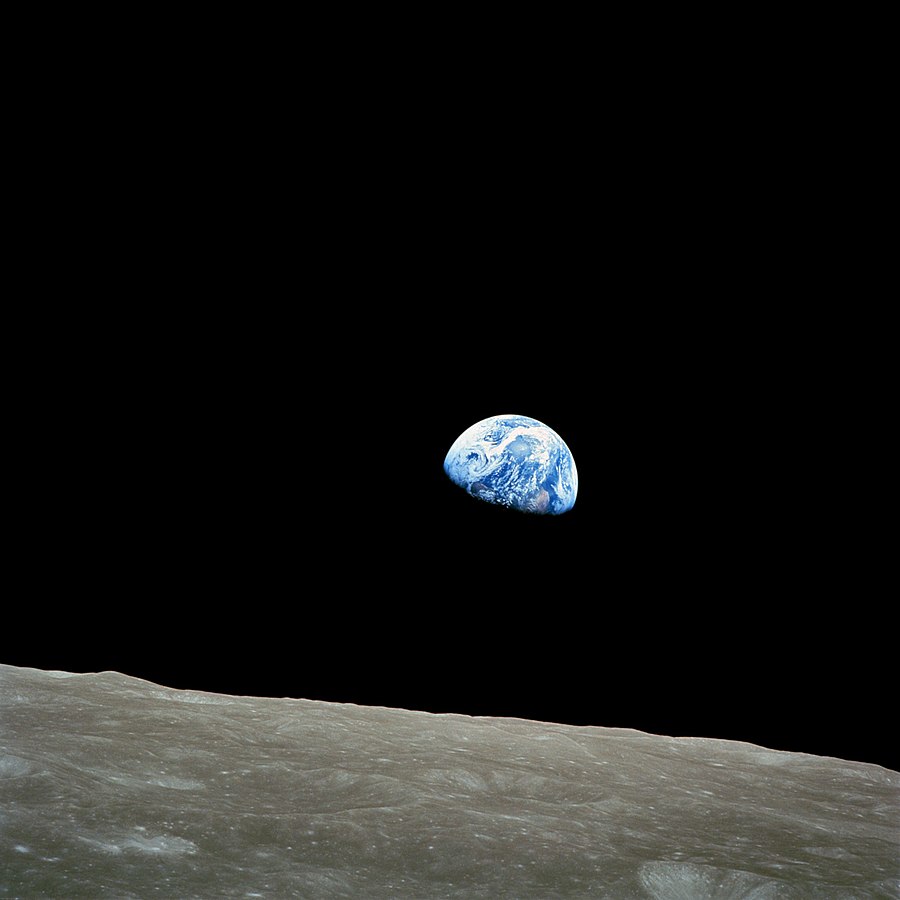GAM 2018 Blog
- Published: Wednesday, April 04 2018 09:00
By Tilly Evans
|
What’s so special about the moon? It’s a ball of rock orbiting around our slightly bigger rock whizzing around the Sun – so why is it so important to us? We may not consider the effects the moon has on our planet, but without them, life may not have evolved as we know it today. When you look up on a clear night you can see the moon’s craters, these craters could have been craters on Earth but instead, the impacts were diverted by the moon’s gravity. The moon acted as our protector over the years, shielding us. |
 Earthrise. Credit: NASA Earthrise. Credit: NASA |
|
Before the formation of the moon, it is thought that the Earth rotated on its axis every 6 hours. Such speedy rotation causes severe weather, but by slowing the spin of the Earth the steady pattern of climate and seasons necessary for the evolution of life was made possible. Most important is the effect on the oceans. It is thought that life began in the Earth’s oceans. Our tides, created by the moon’s gravity, cause the regular movement of water over the land which could have encouraged water-based life to adapt to living on the land. The gravitational pull the Earth feels from the moon causes our tides and could be a reason why we have plate tectonics. Plate tectonics are important for our planet, by recycling elements in the Earth’s crust and are an important part of the carbon cycle that helps the planets temperature regulation. Venus and Mars are close to the habitable zone in our solar system, but why don’t they have life? Venus has an atmosphere that is toxic to life as we know it. Some of the toxic elements in Venus’ atmosphere could possibly have been removed if the planet had plate tectonics, lessening the greenhouse effect and reducing the surface temperature making the possibility for life more feasible. Venus has no moon – this isn’t the only possible reason it doesn’t harbour life, but it could be a contributing factor. Mars, on the other hand, does have moons but they are much smaller than ours so they couldn’t have stabilised its rotation in the same way that our moon has; their gravity wouldn’t have been strong enough. This instability in Mars’ rotation could have caused it to flip on its axis leading to a complete change in its oceans. These are but a few of the effects substantial moons could have had. So as it seems, our moon is very important, maybe the best places to look for life elsewhere in the universe are other planets that have moons too. |
|
|
Tilly is this year's Global Astronomy Month blog coordinator. She is an undergraduate student in the School of Physics and Astronomy at Cardiff University. During the summer break in 2017, she undertook a placement in Cardiff University with Faulkes Telescope producing educational resources for schools. |
 |









